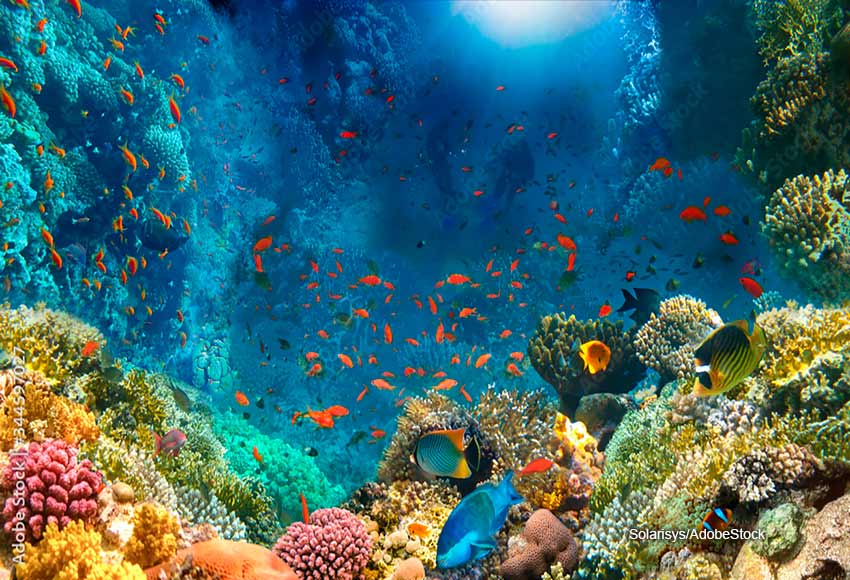
The sea—the vast, mysterious expanse that covers over 70% of our planet’s surface—holds secrets and wonders that continue to captivate us. In this article, we’ll dive into 10 unknown facts about the sea, revealing its intriguing facets and shedding light on its enigmatic depths.

1. The Great Barrier Reef: Earth’s Living Marvel
The Great Barrier Reef, stretching approximately 2,600 kilometres, is the world’s largest living structure. Remarkably, it’s visible even from the Moon! This intricate coral ecosystem teems with vibrant marine life, making it a true wonder of the natural world.
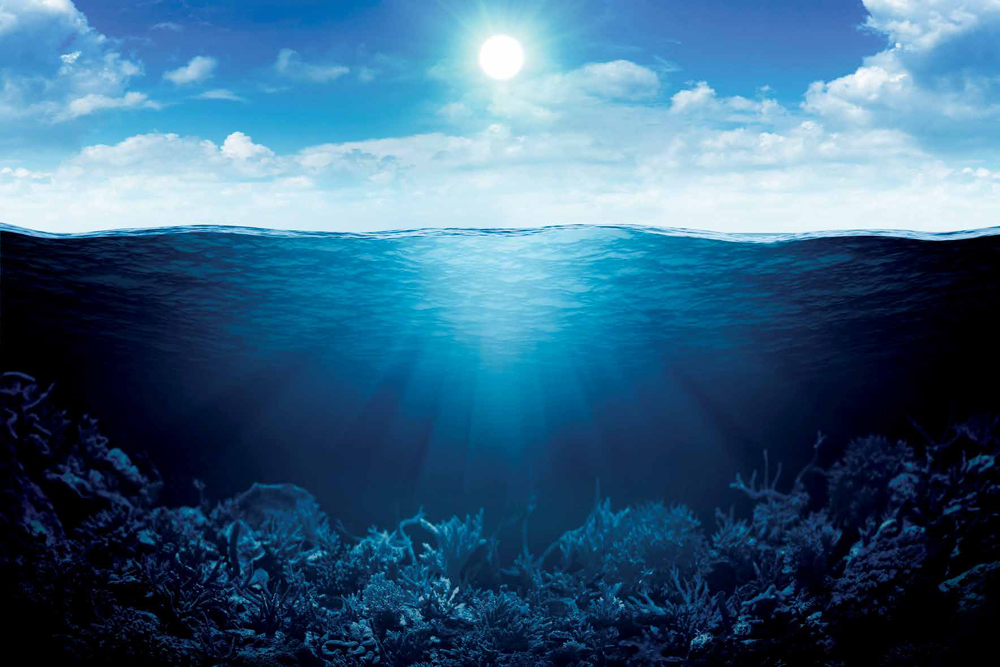
2. Uncharted Waters: Our Oceanic Frontier
Despite our technological advancements, we’ve explored only about 5% of the world’s oceans. Imagine the hidden treasures and undiscovered species lurking beneath the waves—there’s still so much more to be revealed!

3. Sea Waves: Speed Demons
Sea waves aren’t just gentle ripples; some can move at hundreds of miles per hour! These powerful surges shape coastlines, erode cliffs, and carry energy across vast distances. Next time you’re at the beach, consider the force behind those crashing waves.
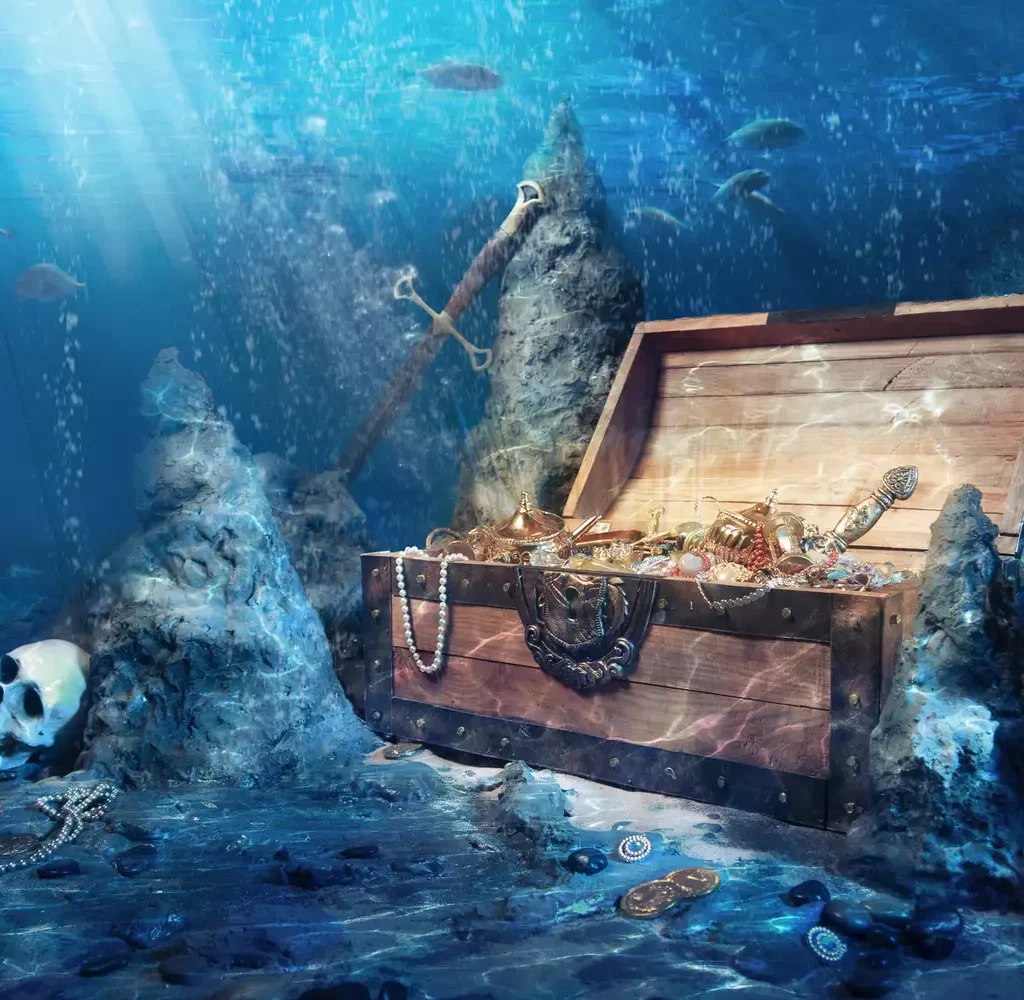
4. Gold Beneath the Waves
Did you know that the ocean’s depths hold millions of tons of gold? While extracting it remains a complex challenge, the idea of sunken treasure chests isn’t just a pirate’s fantasy—it’s a geological reality.
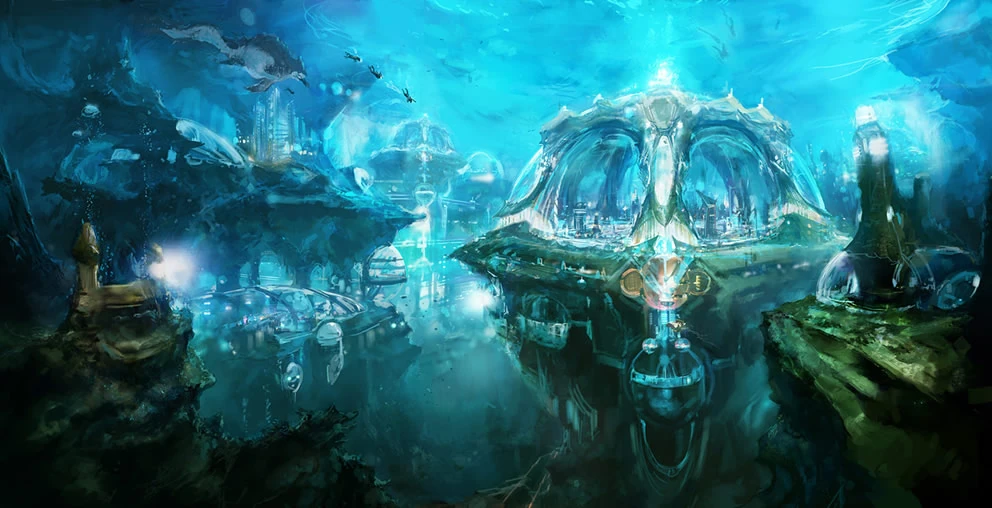
5. Poseidon’s Realm: Ancient Beliefs
In ancient Greece, the sea was ruled by Poseidon, the god of the ocean. Poseidon, known as Neptune in Roman mythology, wielded a trident and controlled storms. Sailors both revered and feared him, attributing their fate to his whims.
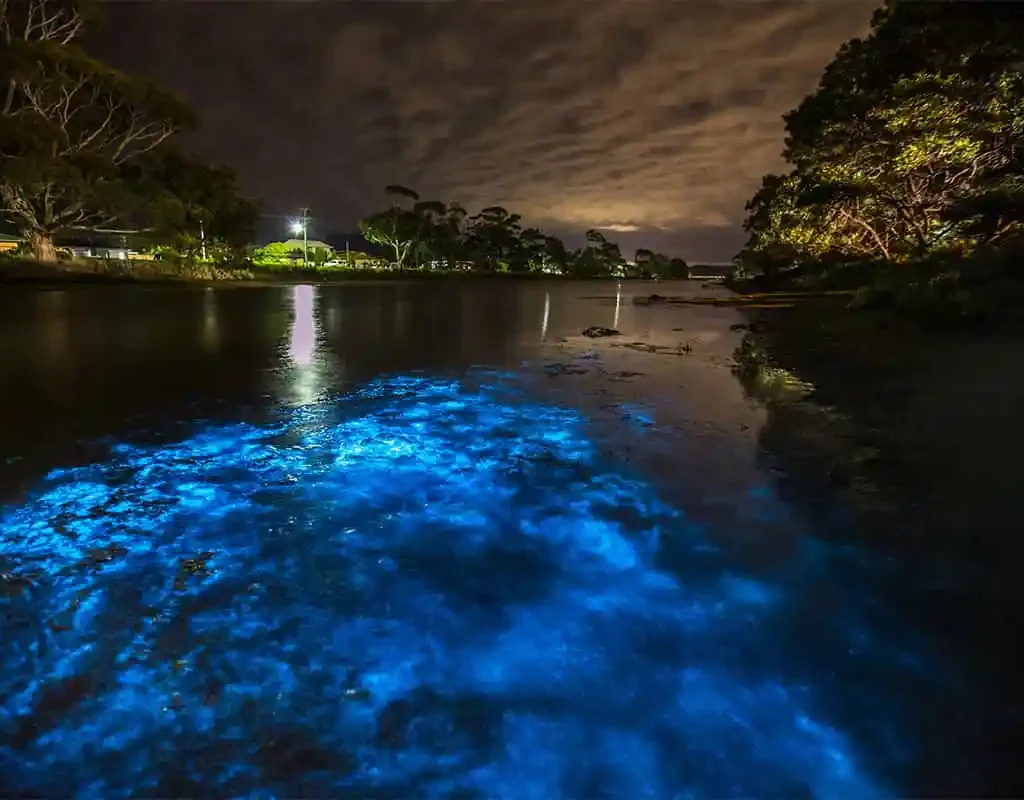
6. Bioluminescent Magic:
Some marine organisms, like bioluminescent plankton, create their own light. Imagine a night swim surrounded by tiny glowing creatures—it’s like swimming through stardust!
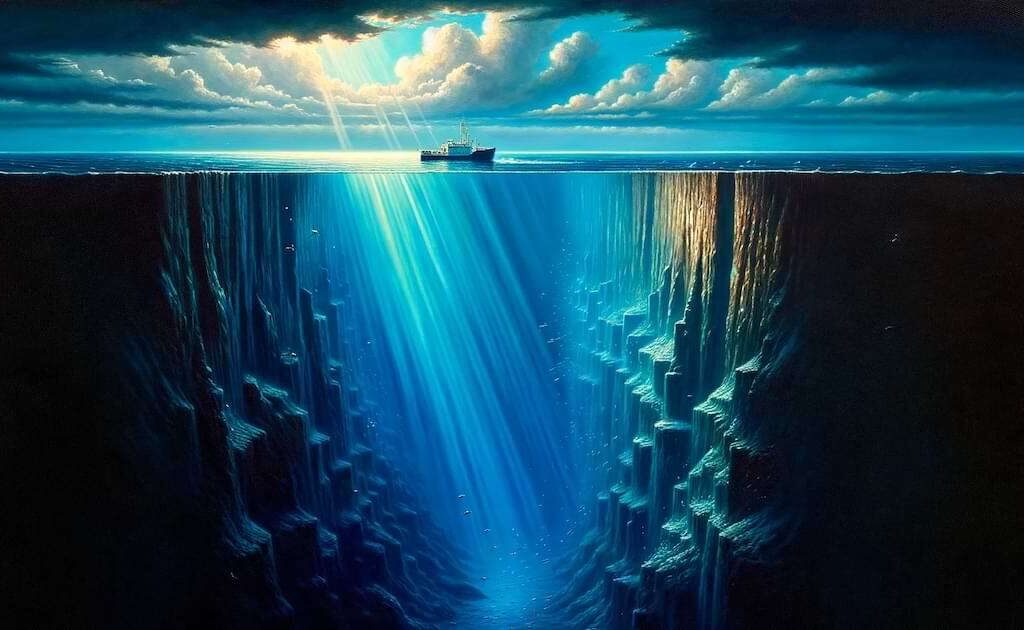
7. The Mariana Trench: Earth’s Abyss:
The Mariana Trench, located in the western Pacific Ocean, is the deepest point on Earth. It’s deeper than Mount Everest is tall!
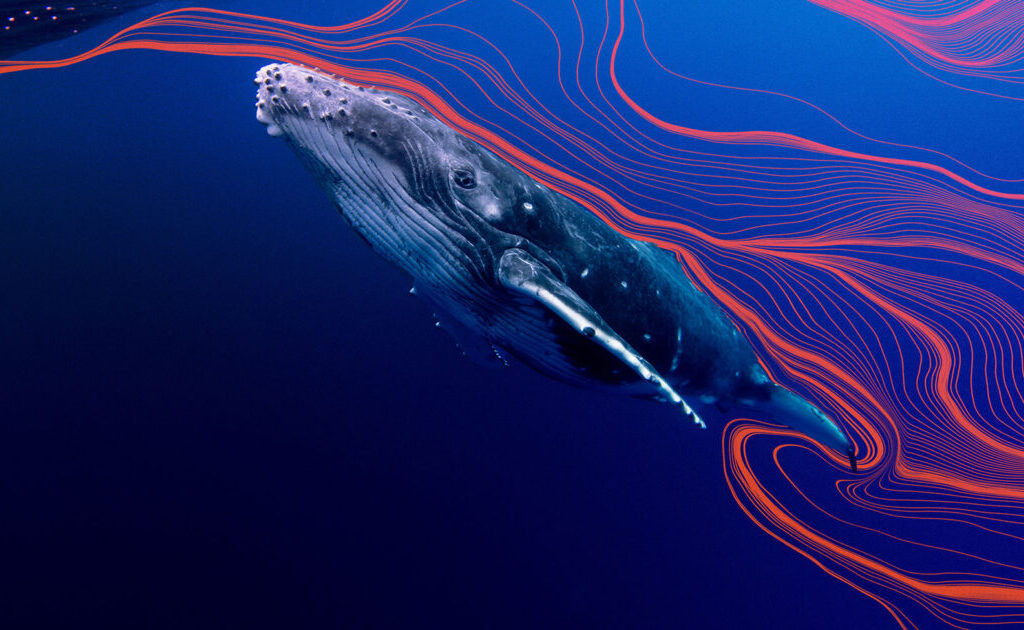
8. Whale Songs: Underwater Concerts:
Whales communicate through intricate songs that can travel hundreds of miles. These majestic creatures serenade each other across vast ocean expanses.
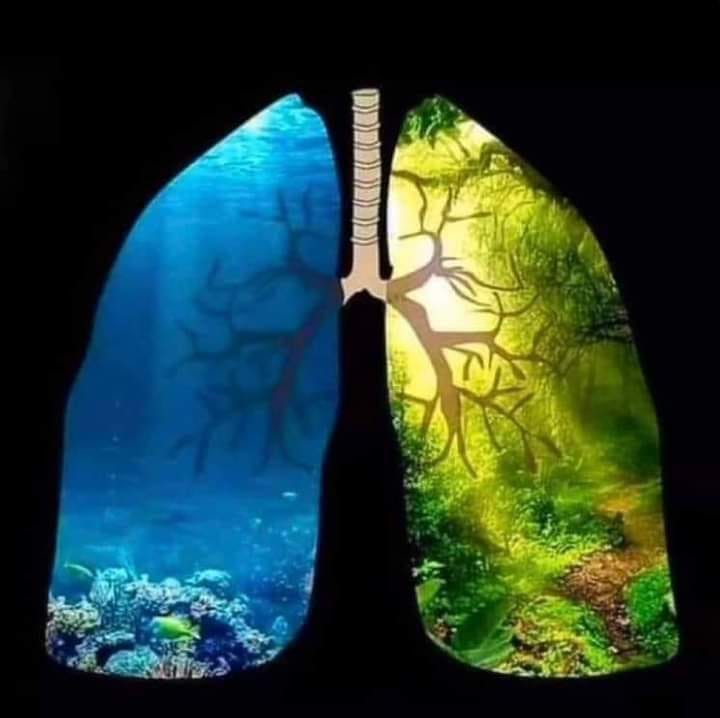
9. The Blue Planet’s Lungs:
Phytoplankton, microscopic algae, produce more oxygen than all the rainforests combined. They’re the unsung heroes keeping our atmosphere breathable.
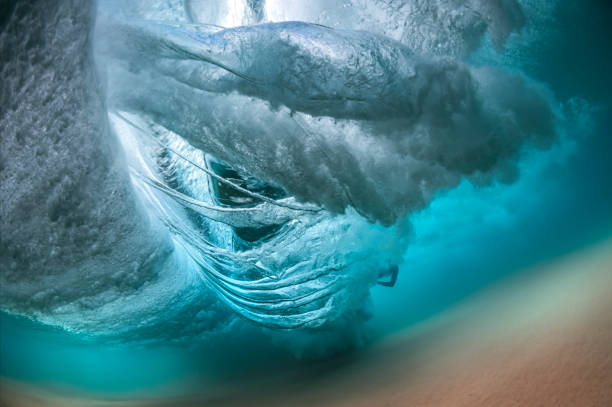
10. Ocean Currents: Nature’s Highways:
Ocean currents act like global conveyor belts, transporting warm and cold water around the planet. They influence climate, weather, and marine life distribution.
Conclusion
The sea remains a source of wonder, fear, and inspiration. As we continue to explore its depths, let’s cherish its beauty and protect its delicate balance. Hope these 10 unknown facts about the sea where helpful.
FAQs About the Sea:
- Q: How deep is the ocean?
- A: The ocean’s deepest point is the Mariana Trench, plunging over 36,000 feet (10,972 meters) below sea level.
- Q: Can we drink seawater?
- A: Seawater is too salty for direct consumption, but desalination processes make it usable for drinking.
- Q: What causes tides?
- A: Tides result from the gravitational pull of the moon and the sun on Earth’s oceans.
- Q: Are there freshwater lakes beneath the sea?
- A: Yes! Submerged freshwater lakes exist beneath the ocean floor.
- Q: How do marine creatures survive extreme pressure?
- A: Adaptations like flexible bodies and specialized enzymes help marine life withstand the immense pressure of the deep sea.
References:

